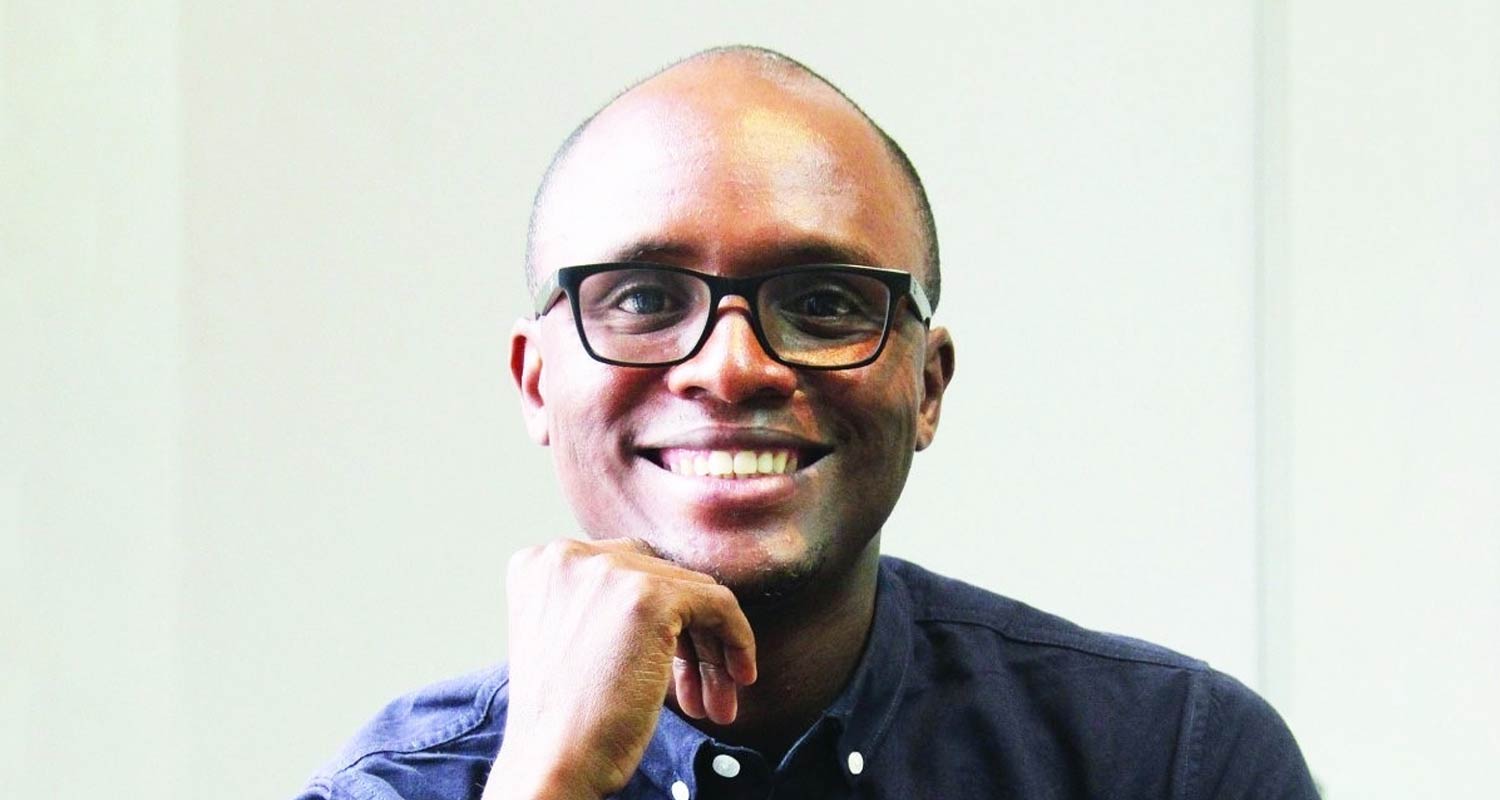
For the first time in South Africa’s democratic era, the country has a communications minister not from the ANC.
The Democratic Alliance’s Solly Malatsi, 38, was on Sunday named by President Cyril Ramaphosa as the new minister of communications & digital technologies, replacing ANC incumbent Mondli Gungubele, who will now serve as Malatsi’s deputy.
The changing of the guard has led to some excitement in the ICT sector as it brings with it the promise a shift in policy direction – and the hope that many of the industry’s intractable problems might start being tackled with greater vigour.
TechCentral asked industry leaders and major companies in the ICT sector not for their reaction to his appointment, but rather what they believe should be the top three priorities for the new minister. This is the feedback they provided (in no particular order).
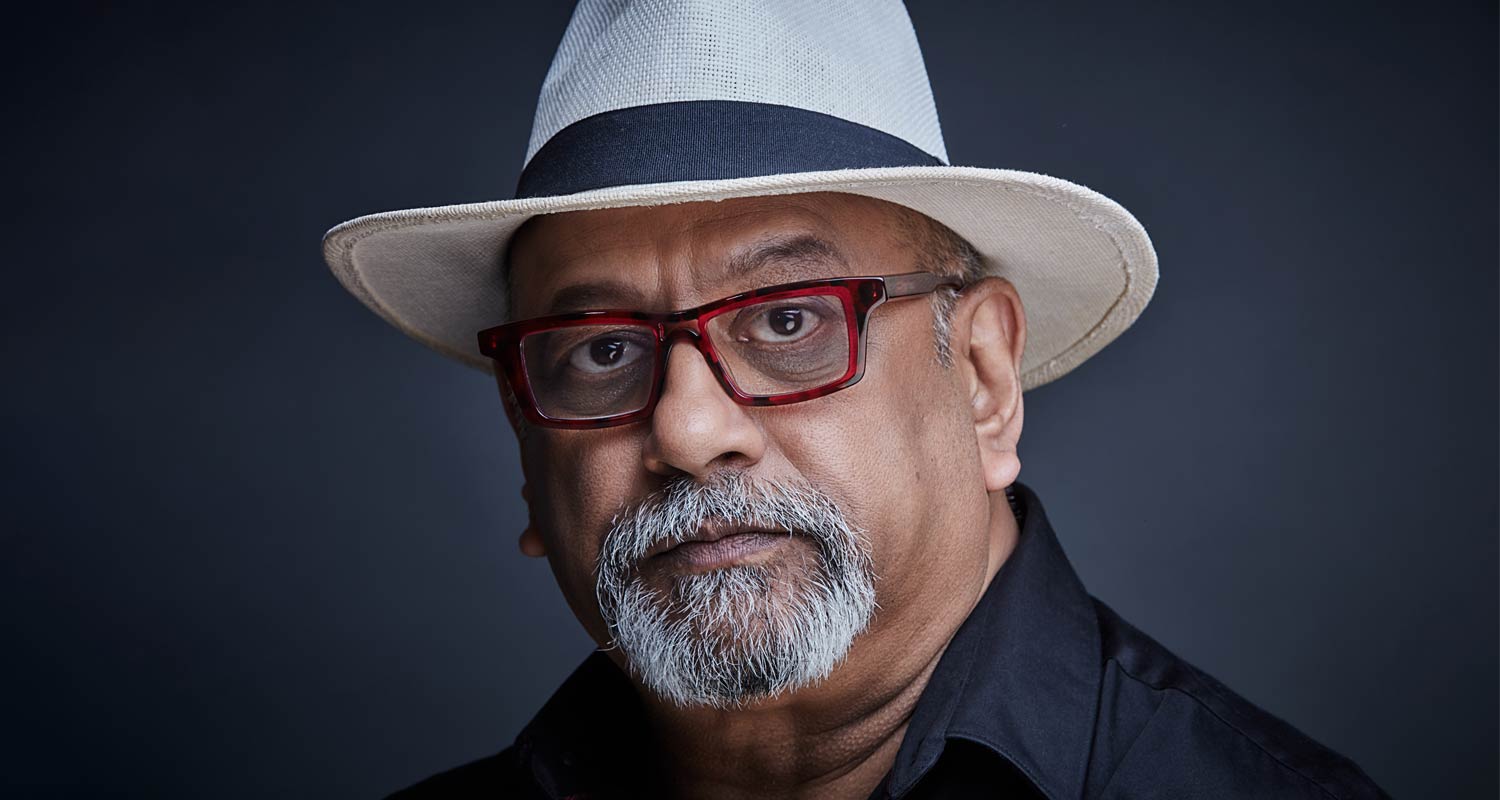
Khalik Sherrif, CEO, eMedia:
- Solly Malatsi will need to ensure that the four million or so households still receiving analogue television broadcasts are catered for before total analogue switch-off. If not, it will mean the masses who get TV through free-to-air platforms will not receive television at all. If this happens, it will be detrimental to free-to-air broadcasting in South Africa.
- The minister should understand and accept that digital terrestrial television in South Africa has run out of steam. This requires a policy change for the country to move ahead and stay in touch with what is happening in broadcasting internationally.
- He also needs to ensure the spectrum from 470MHz to 694MHz is preserved for broadcasters, as accepted by the International Telecommunication Union at the World Radiocommunication Conference in Dubai in December 2023. The ITU agreed that Region 1 – under which South Africa falls – will be kept for broadcasting (be it HbbTV, IPTV or 5G Broadcast). These technologies will require spectrum. The spectrum can’t simply be assigned to the telcos, because then they will control broadcasting in South Africa.
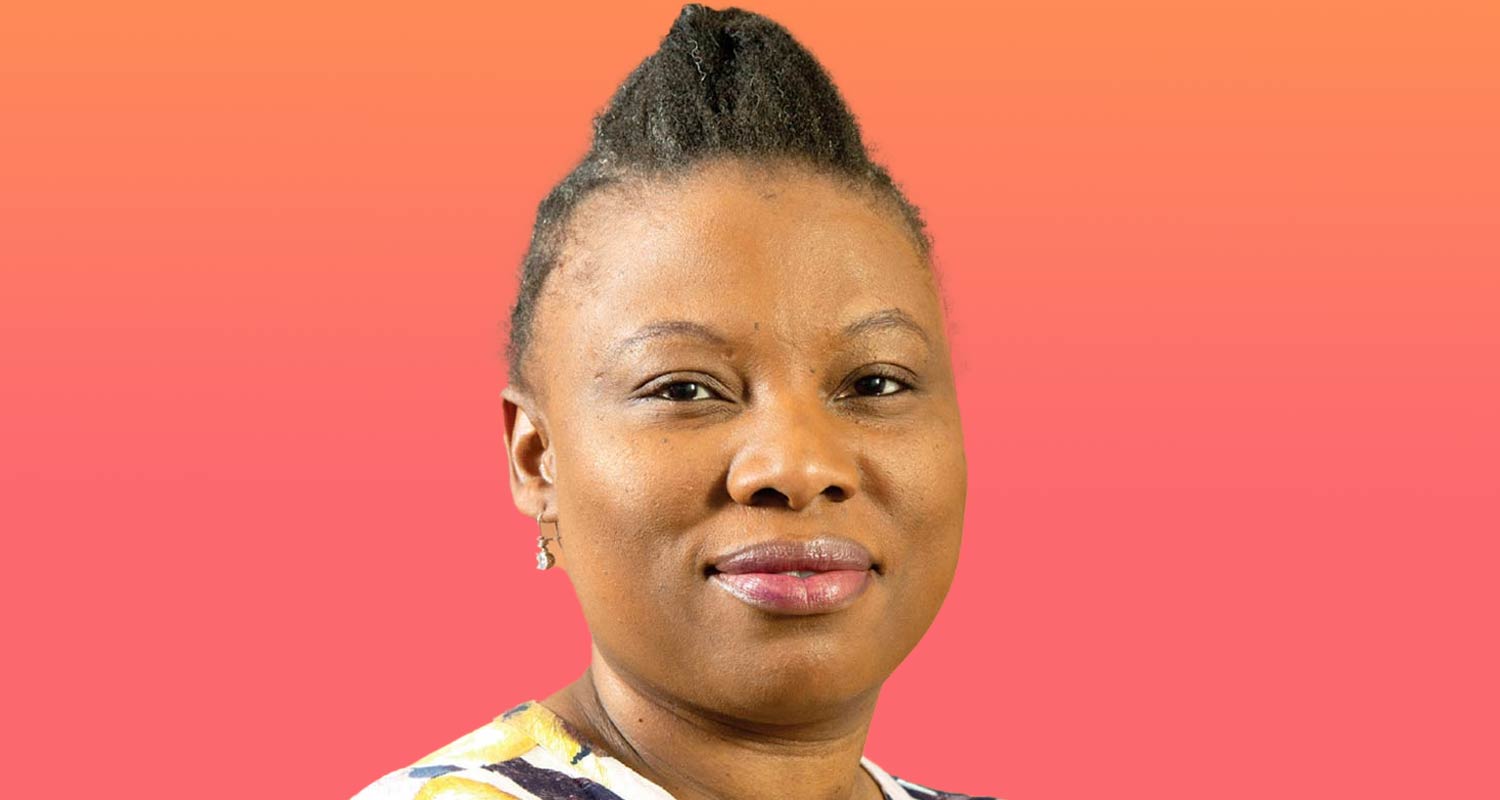
Nomvuyiso Batyi, CEO, Association of Comms & Technology:
- Promote collaboration: More effective collaboration between the department of communications & digital technologies (DCDT), communications regulator Icasa and the broader ICT sector. This collaboration is essential to maintaining a robust and functional ICT ecosystem.
- Inclusive policy development: Develop comprehensive policies that include over-the-top (streaming) services and other new role players. Additionally, the DCDT should consider retracting recently published policies, such as the next-generation spectrum policy, to ensure they align with our long-term goals for the ICT sector.
- Migration and inclusion framework: Establish a framework for the migration from 2G/3G networks, with a particular focus on supporting low-income individuals. This includes removing the luxury tax on 4G devices to promote digital inclusion for everyone, ensuring no one is left behind as technology evolves.
Vodacom spokesman:
- Foster better collaboration between the department, the regulator and the industry to ensure that policies are crafted and implemented effectively.
- Create an evidence-based policy development framework, where proposed policies, legislation and regulations are also subjected to the scrutiny of regulatory/socioeconomic impact assessments. This will ensure that proposed policies are on target, achieve their intended objectives, and the expected benefits to society are uncontested.
- Capacitate Icasa to ensure that it is strengthened to be able to execute on its mandate effectively. Icasa should be capacitated with the appropriate skills and resources to be able to respond to the fast-changing technology environment and exercise its independence to introduce regulatory reforms that benefit both the sector and consumers, instead of merely increasing the burden of compliance without meaningful societal benefit.
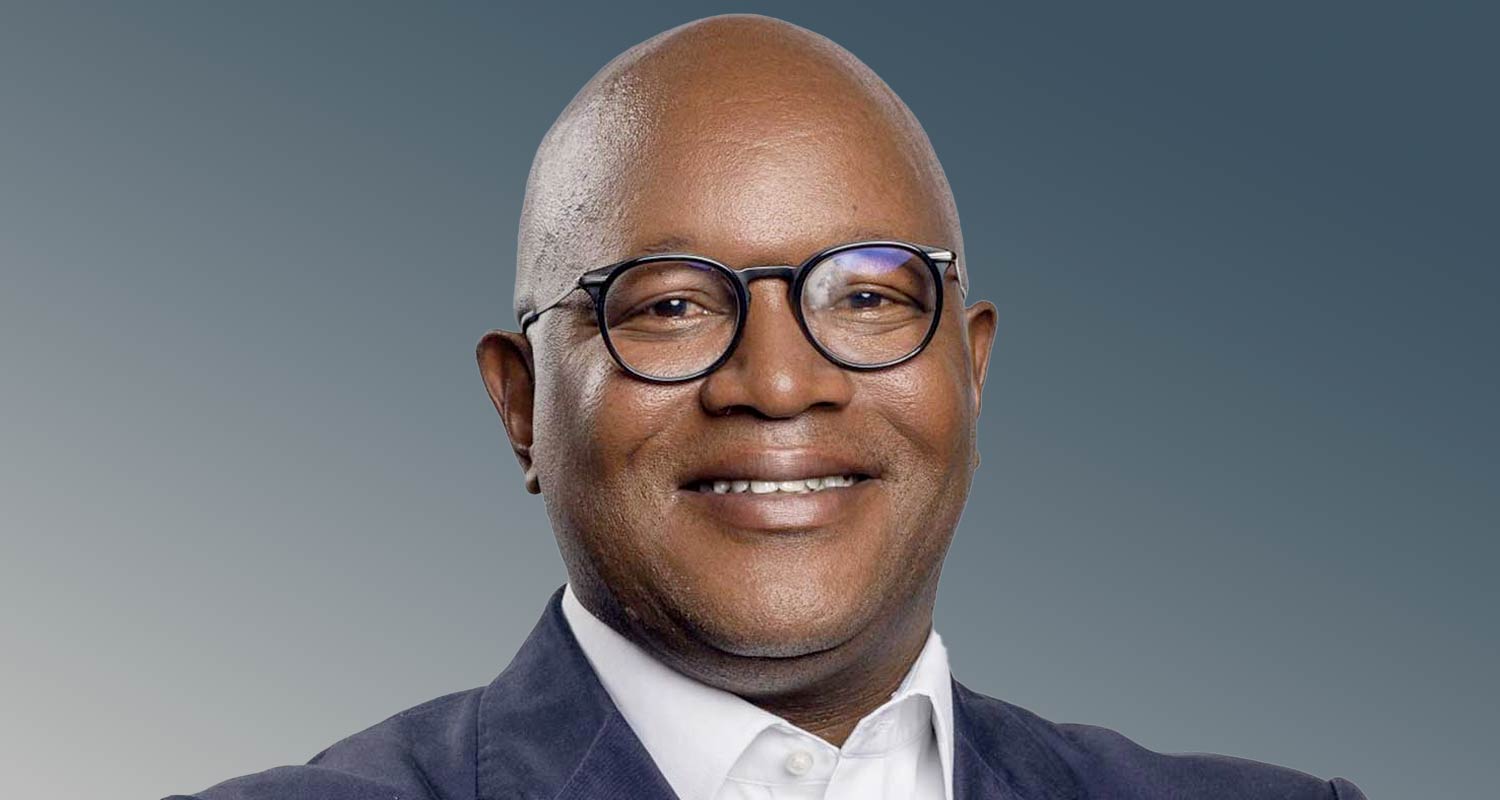
Serame Taukobong, group CEO, Telkom:
- Create an enabling policy and legislative environment.
- Clamp down on infrastructure vandalism and ensure a reliable source of electricity to support network availability and quality.
- Accelerate and drive the enablement and digitisation of the public sector, working closely with the industry.
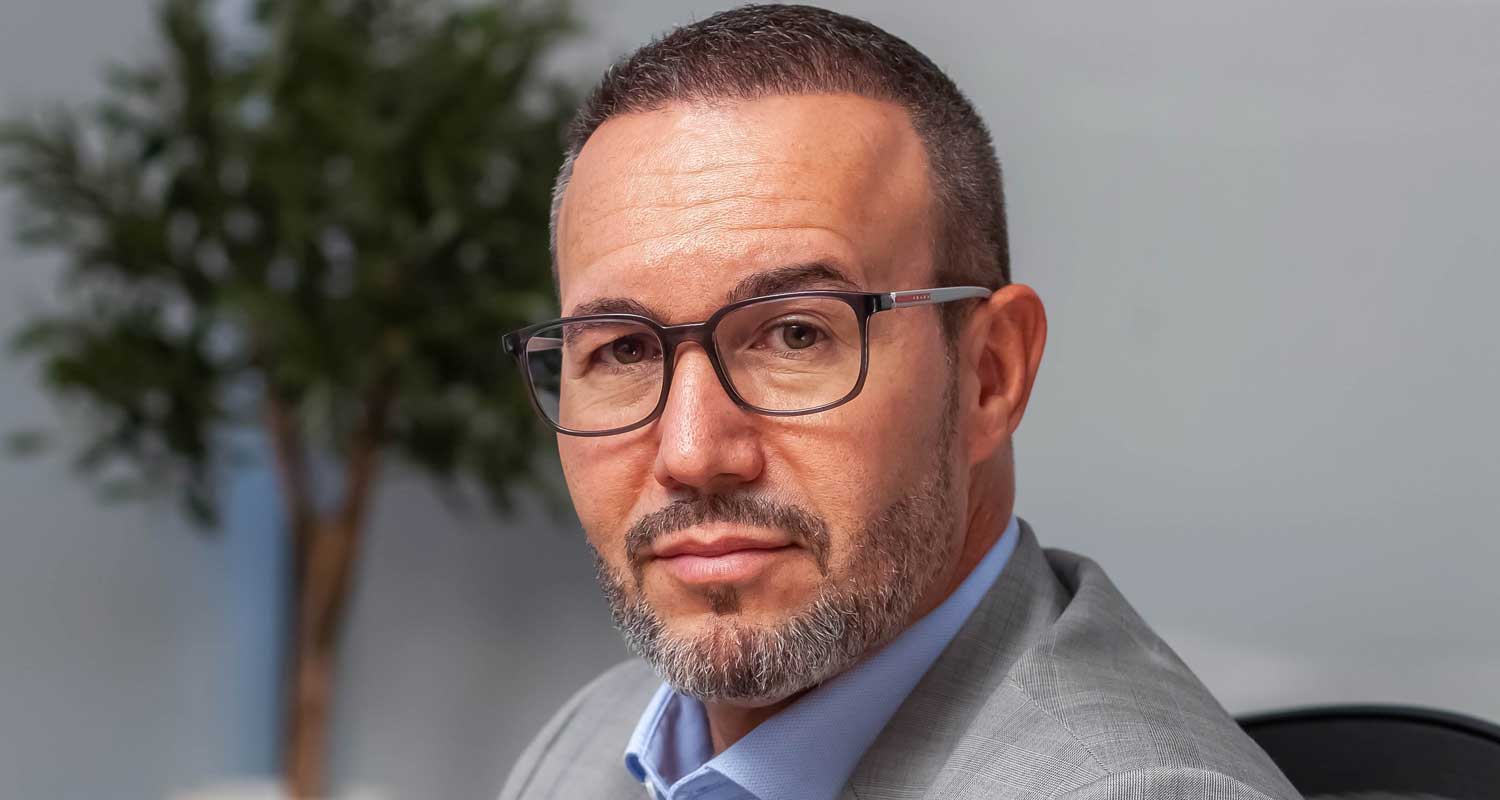
Jorges Mendes, CEO, Cell C:
- Cell C would like to see ICT policy and regulation supporting industry competitiveness, addressing duopoly dominance — including through call termination rates — and enabling MVNO growth and sustainability. Policies must be pro-competition and foster a level playing field, encourage innovation that enables the delivery of consumer benefits.
- Spectrum licensing policy must ultimately achieve spectrum equality and spectrum holding parity between licensees for broadband demand, further supporting an environment where competition can thrive.
- A review of the Electronic Communications Act is needed that considers a changed telecoms landscape and keeps on par with developments in the industry to ensure relevance of policies and their application.

Dominic Cull, regulatory adviser, Internet Service Providers’ Association:
- Reduce the red tape that acts as an obstacle to entry into the internet access market and making individual licences easily available.
- Rationalise regulators in the sector to ensure light-touch regulation appropriate for a future digital economy.
- Speed up the review and implementation of legislation and regulation.

Craig Stewart, MD, Altron Digital Business:
- ICT is a critical enabler of a growing and inclusive economy. To achieve this, we need bold private and public sector partnerships. Altron is committed to its South African roots and future and aims to contribute to the solution of enabling a digital economy that delivers digital services to its citizens. This can only be achieved through strong public-private partnerships.
- The State IT Agency plays a crucial role in delivering on the vision of a digital economy. It must be empowered and entrusted with the mandate to raise funding, form partnerships across both the private and public sectors, and be held accountable for delivering on our digital economy goals.
- South Africa has a great opportunity to make use of our youth and establish itself as a global hub for ICT skills. We have a large population of talented but unemployed youth, and Altron’s successful employment of 100 graduates in 2023 is proof of their potential. However, to fully realise this potential, a strong partnership between the private and public sector is essential. Together, we have the necessary elements to create something extraordinary, especially in advanced technologies like data and AI. The urgency and necessity of this collaboration cannot be overstated.
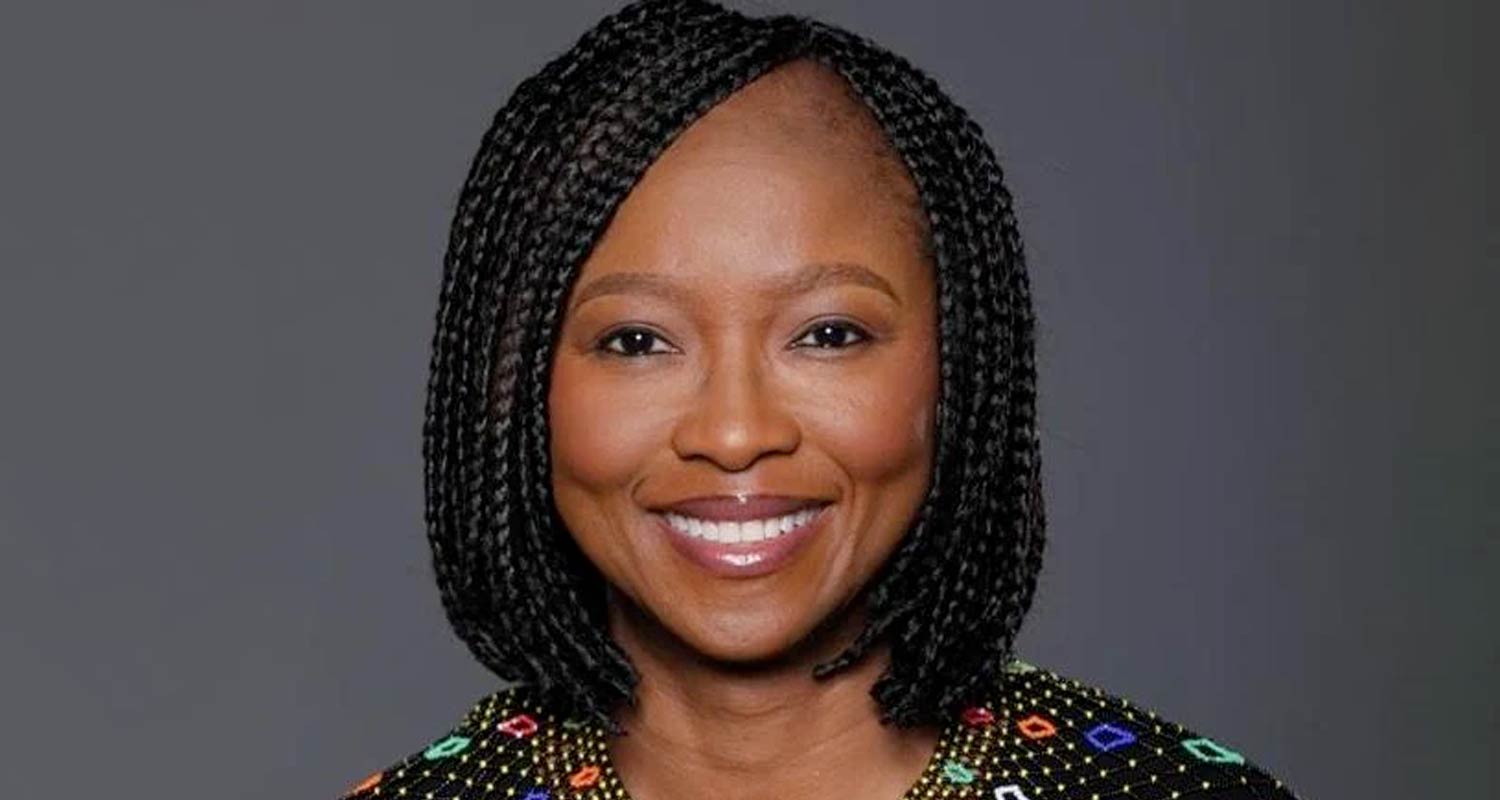
Nomsa Chabeli, group CEO, SABC (no direct answer to the question):
- We extend our warmest welcome and best wishes to Solly Malatsi as he assumes this important role.
- Under the collective leadership of both minister Malatsi and deputy minister Mondli Gungubele, the SABC reaffirms its commitment to fostering a vibrant, inclusive and informative public broadcasting landscape and looks forward to working with the ministry in taking the public broadcaster forward.
MultiChoice Group spokeswoman (no direct answer to the question):
- MultiChoice acknowledges the appointment of the new minister and deputy minister. We are committed to continuing our collaboration with government stakeholders to ensure access to information for all our people through our platforms.
- We look forward to strengthening our partnerships and maintaining cordial relations with the department. As always, we will continue to strive to be the leader in pioneering local content.
MTN South Africa spokeswoman (no direct answer to the question):
- We look forward to working with the minister. We wish to not expand further at this stage. — (c) 2024 NewsCentral Media




